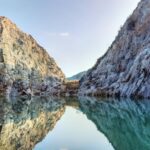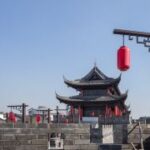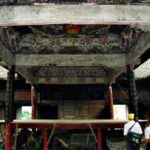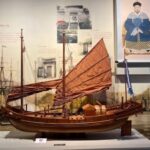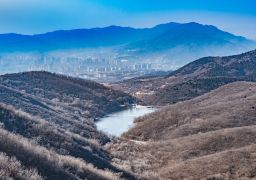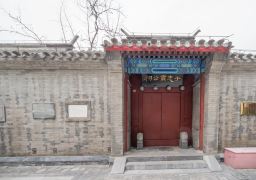Baiyang Lake, once known as Jiuyang Lake, is nestled in the southwest of Minghe Ancient Town in Cixi. This ancient lagoon dates back to the Western and Eastern Han Dynasties and spans an area of 1700 mu.
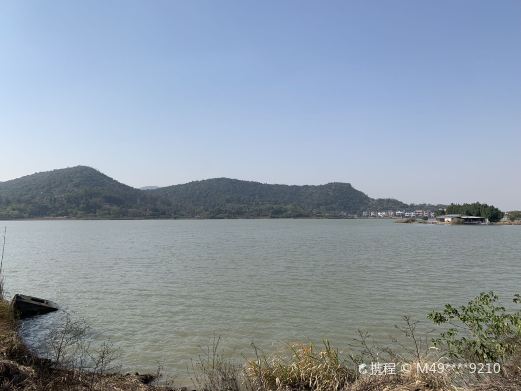
During the Jinglong period of the Tang Dynasty (707-709), Emperor Zhongzong Li Xian had a significant dream. He envisioned a white dragon trapped on a shoal in northern Yaojiang. In response, he commanded Zhang Pijiang, the magistrate of Yuyao County, to construct Baiyang Lake and link it with Duhu Lake.
In the Jiaqing period of the Qing Dynasty, Ye Tianlin, a local, funded the project to replace the old lake entirely with stones. The lake underwent several reinforcements and constructions in the late Qing Dynasty and post-liberation.
Baiyang Lake possesses the allure of Xizi Lake and the simplicity of uncut jade, nestled among the mountains with misty waves and a gathering of waterbirds. The late Qing Dynasty poet Yao Xie captured its essence in verse: “The empty water is without haze. The sky color floats with luster. A stretch of blue drags the mountains far away. The thin haze contains the gradual dusk.”
The lake’s charm extends to its rich historical and cultural relics. The renowned Buddhist scholar Master Hongyi, also known as Li Shutong in secular life, once resided at Jinxian Temple. At the western foot of the lake stands a large revolutionary martyrs cemetery, where nearly a hundred martyrs, including Zheng Xiahu, head of the Organization Department of Cixi County Party Committee of the Communist Party of China, Shen Bangqi, a special agent of the Agricultural Association of Ningbo, Shaoxing, and Taizhou, and Shen Yifei, are interred.
—
The tomb of Wu Jintang is located opposite the martyrs cemetery, across the lake. Facing south, one can find a brief biography of Wu Jintang and a self-composed couplet engraved in front of the tomb. The couplet reads: “For loving the lakes and mountains, one can be buried here. Regardless of feng shui, it is only by one’s heart.” This couplet reflects Wu Jintang’s profound affection for his homeland.
Visiting Hours: The tomb is open all day, every day of the year.
—

